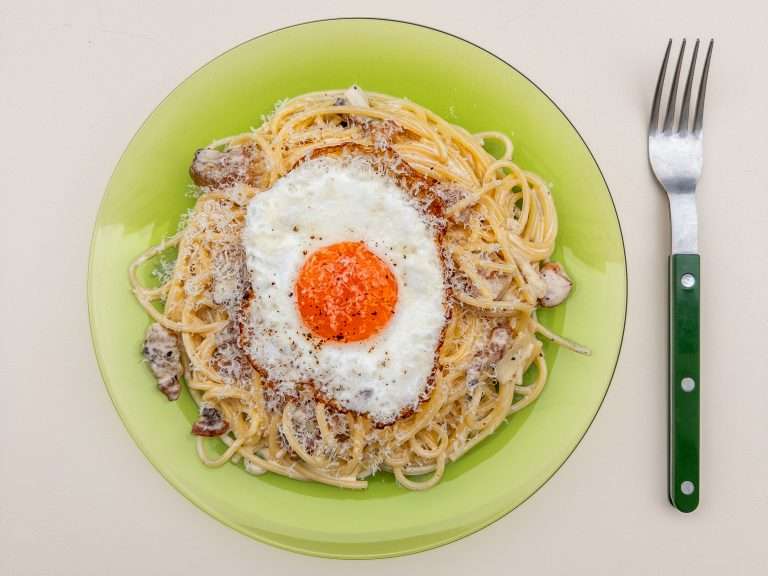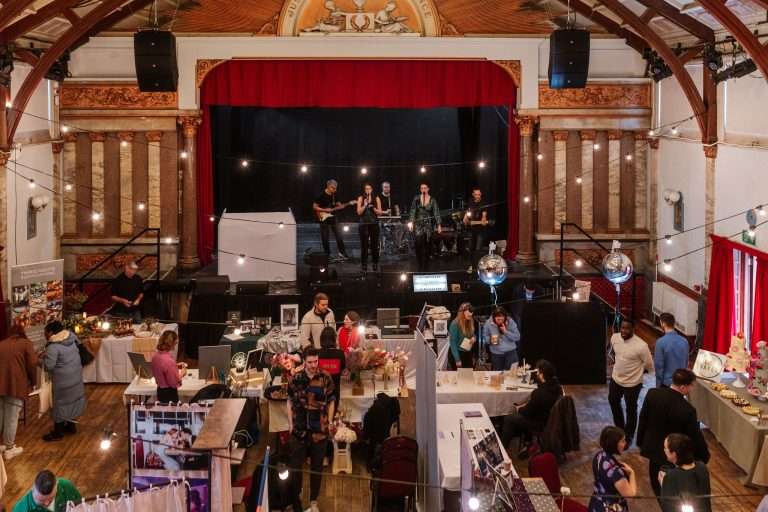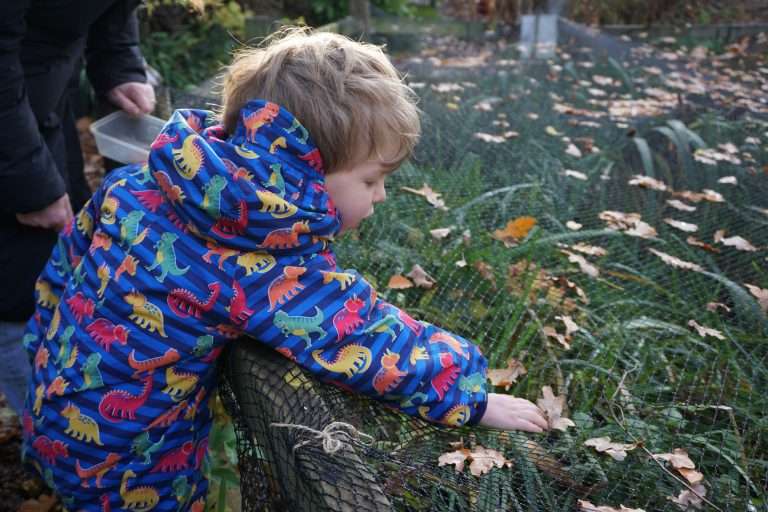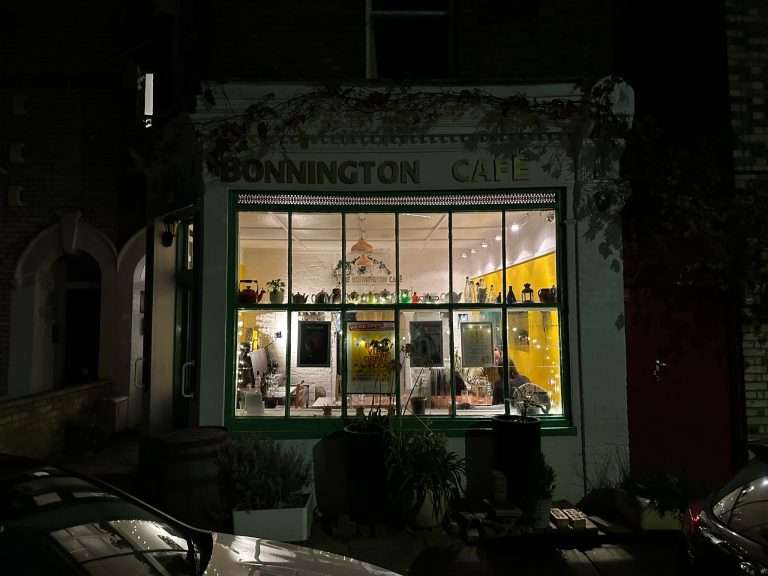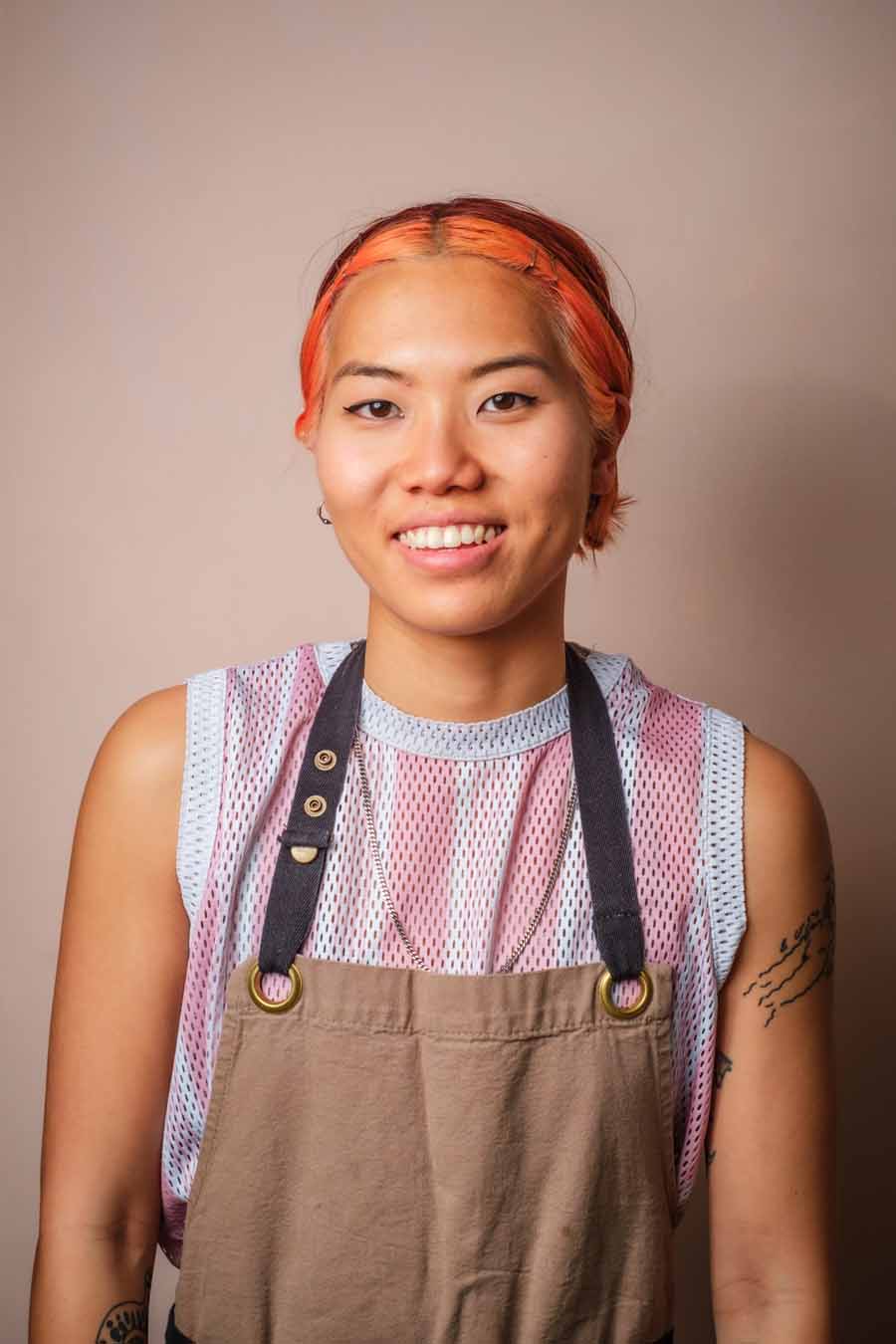 In some ways, young Malaysian chef Abby Lee had the worst possible luck. She opened Mambow, her first solo venture, in early 2020 and, well, everyone knows what happened next.
In some ways, young Malaysian chef Abby Lee had the worst possible luck. She opened Mambow, her first solo venture, in early 2020 and, well, everyone knows what happened next.
But with the doors to her Commercial Street restaurant firmly shuttered while London, like much of the world, ground to a halt, the Michelin-trained chef began to wonder whether the Asian bowl food-focused restaurant she’d launched was really the right concept for her.
With some soul searching to do, Abby booked a flight to Singapore as soon as the world reopened its borders, where she spent time with her aunt and grandma, relearning the recipes that had shaped her first understanding of food. On returning to London, she felt ready to relaunch Mambow, but this time, with dishes more personal to her roots. The resulting menu shines a light on Nyonya cuisine, which blends Chinese ingredients with Indo-Malay flavours, and fuses traditional curries with her own signature contemporary dishes.
Ditching central London for SE15, Abby has opened Mambow take two in Peckham’s Market Stalls – and she’s enjoying running a business somewhere with more of a sense of community. The new site is sandwiched between basement club Peckham Audio and rooftop bar Forza Wine.
The South Londoner sat down with Abby Lee to find out more…
Holly O’Mahony: Firstly, how are you feeling about relaunching Mambow, this time in Peckham, following its brief stint in Spitalfields in the run up to the pandemic?
Abby Lee: I’m feeling excited about this launch compared to the first, as this concept is much closer to my heart than the last concept. I’m also feeling re-energised after a long break from the restaurant world because of the pandemic.
HOM: While the name is the same, you’ve changed the menu quite a bit since the original opening, making it more personal to the cuisine you grew up around. What led you to do this following the lockdown?
AL: During the lockdown, I came to the realisation that I’ve always been cooking European food and I yearn to eat the food from my homeland now. When lockdown and quarantine restrictions were dropped, I took a trip to Singapore to see my aunt and we talked through everything my granny had taught her about cooking. During my stay there, I realised my true mission was to showcase this cuisine.
HOM: Why was it important to you to curate a new menu featuring both traditional and contemporary dishes?
AL: To make something exciting in this day and age, you need to be always thinking of new ideas and looking forward. However, my main mission is still to preserve these traditions and recipes – and bring them to the people of London.
HOM: It’s hard to imagine an older generation tucking into your trendy-sounding Hainanese chicken sando or the M Wing (a deep-fried chicken wing tossed in an anchovy sambal and served with lime). Did you try out these recipes on your aunt and granny before you left?
AL: Ha, yes I wonder what they’d make of those dishes. They haven’t tried them yet. They may be sceptical, but I would hope to win them over.
HOM: What are some of your earliest memories of food?
AL: Eating Kampua noodles in Sibu, Sarawak where my dad is from. In my opinion, they beat wonton noodles any day.
HOM: How did you get into cooking and what led you to pursue a career as a chef?
AL: Cooking was the best way I found to channel my creativity whilst also helping me to ease my anxiety. I grew up in my aunt’s bakeries in Singapore and unknowingly absorbed the need to pursue a life in food.
HOM: Your career has come a long way since then. You’ve cooked in the Michelin-starred kitchens of Le Cordon Bleu in London and Pashà Ristorante in Bari, Italy. What are you bringing from those experiences to your own restaurant?
AL: Chiefly an attention to detail and knowledge of how to bring the most out of an ingredient.
HOM: How have you found swapping the traditional, bricks-and-mortar restaurant setting for a market stall?
AL: It has been difficult to understand how to best use a much smaller space efficiently and how to run service in such a small setting, but I’ve been loving the challenge. The benefits definitely outweigh the negatives, though, as here you get to be part of a community, sharing the space with likeminded people and all supporting each other. I also love the openness of it as there is so much interaction with your customers.
HOM: Similarly, how have you found swapping the more central location of Spitalfields for Peckham?
AL: Spitalfields had quite a commercial feel to it, whereas in Peckham there is much more of a community vibe. So far, our visitors have been so welcoming and keen to talk about the cuisine.
HOM: Finally, which dish should everyone try to get an understanding of your cooking?
AL: I’d have to say Ikan Assam Pedas, which is a typical Malay sour fish curry with okra, aubergine, sour tamarind and a fiery spice mix of chilli, belacan, lemongrass and galangal.
Mambow can be found at Market, 133a Rye Lane, London SE15 4BQ. Monday & Tuesday, 12pm – 9pm; Wednesday & Thursday, 12pm – 11pm, Friday & Saturday, 11:30am – 11pm; Sunday 11:30am – 9pm. www.mambow.co.uk/




